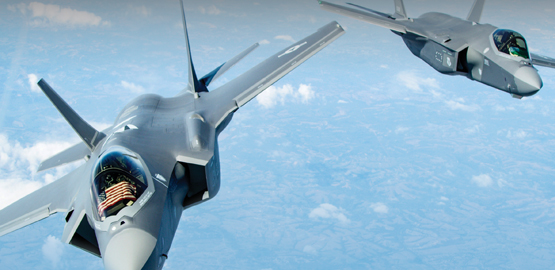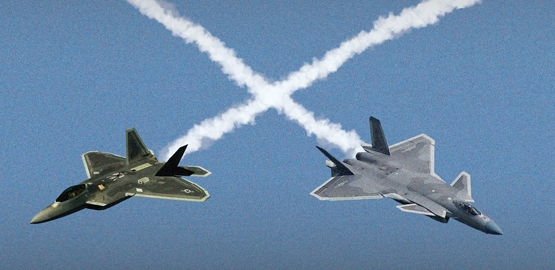News
Iraq War Lives On As Second-Costliest U.S. Conflict Fuels Debt
The war in Iraq is officially over. The costs will go on/.../Even though the last U.S. combat troops have left Iraq, American taxpayers will face decades of additional expenses, from veterans’ health care and disability benefits to interest on the debt accumulated to finance the war.
Debate Over Defense Industry Jobs Escalates
The impact of defense spending on job creation has become a contentious flashpoint in the debate over how to reduce the nation’s debt and still maintain a strong military. Defense Secretary Leon Panetta and industry leaders have stood behind estimates that cuts to military spending will ratchet up unemployment/.../
DOD Must Protect Industrial Base
As sequestration looks more likely by the day, the Defense Department faces the challenge of a new fiscal reality. After more than a decade of increasing budgets, the Pentagon has been slow to react. Its five-year budget plan, released last February, planned for continued growth — despite calls from both parties to cut federal spending and the deficit.
Time Marches on for the F-22
Tuesday is, quite literally, the end of the line for Lockheed Martin’s F-22 Raptor.After fourteen years in production, the final Raptor was set to roll off the company’s assembly line in Marietta, Ga., completing the truncated run of 187 jets — just a portion of the onetime program of 750 “Advanced Tactical Fighters/…/” With a service life of 30 years and a reputation as the deadliest airborne threat since Zeus, what could possibly happen to the Raptor fleet to force the Air Force to buy more?
In U.S., Guard Battles Active Duty For Missions
U.S. National Guard leaders are making their case to expand their force while the rest of the Defense Department is tightening their purse strings, causing a rift between active-duty and Reserve leaders. Negotiations over shrinking resources have grown tense as Guard leaders -- especially those in the Air Force -- worry that active-duty leaders have unjustifiably targeted Guard accounts/…/
A Pentagon The Country Can Afford
The failure of the “supercommittee” to reach a deficit agreement is supposed to trigger $1.2 trillion in automatic cuts in federal spending over the next decade, nearly $500 billion of that from the basic Pentagon budget/…/ Besides the nearly $500 billion in cuts that are supposed to start in January 2013, the budget act that created the supercommittee mandated an initial cut of roughly $450 billion in defense spending, spread over the next decade. According to the Center for Strategic and Budgetary Assessments, that would put basic defense spending for 2013 around $472 billion — about the same, in inflation-adjusted terms, as what was spent in 2007.



















